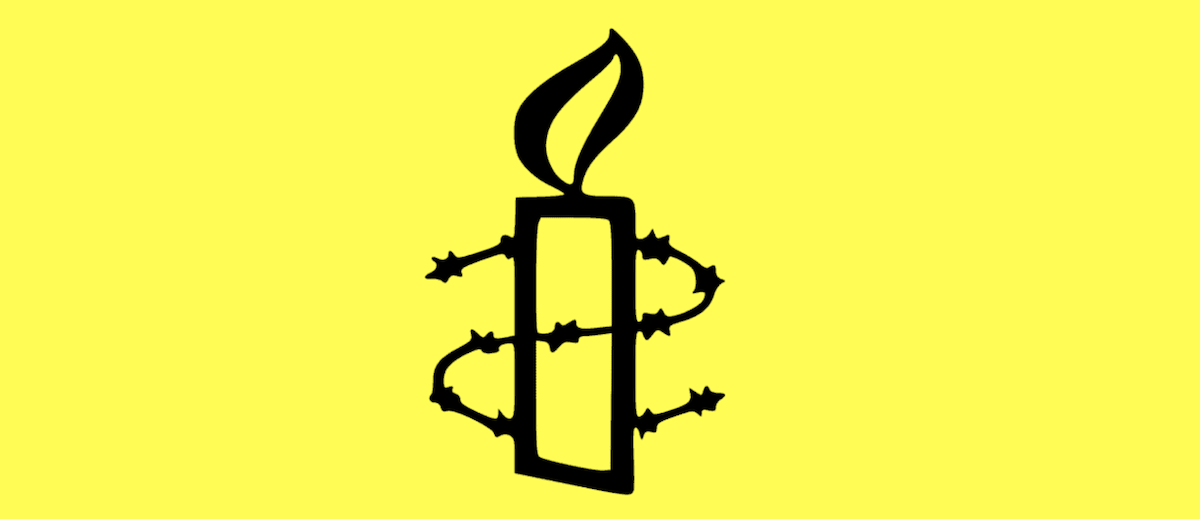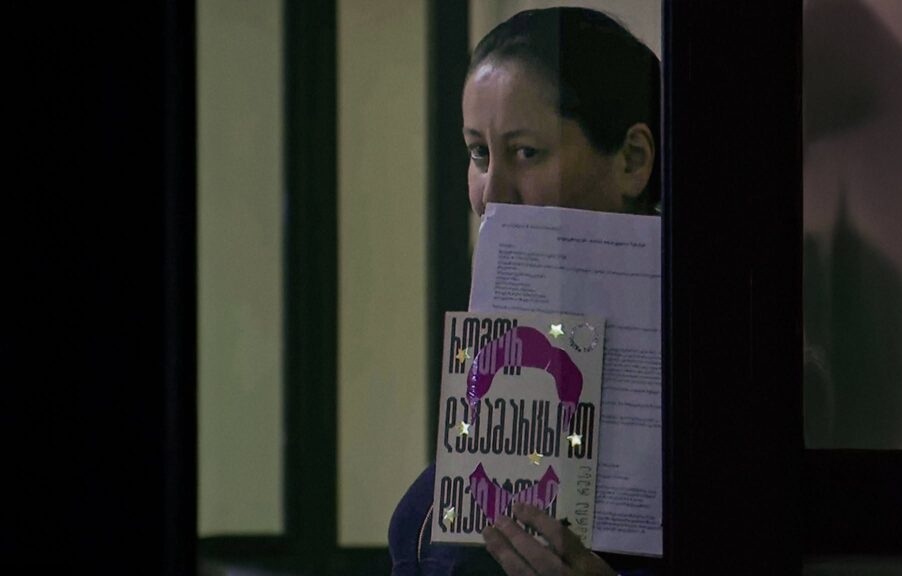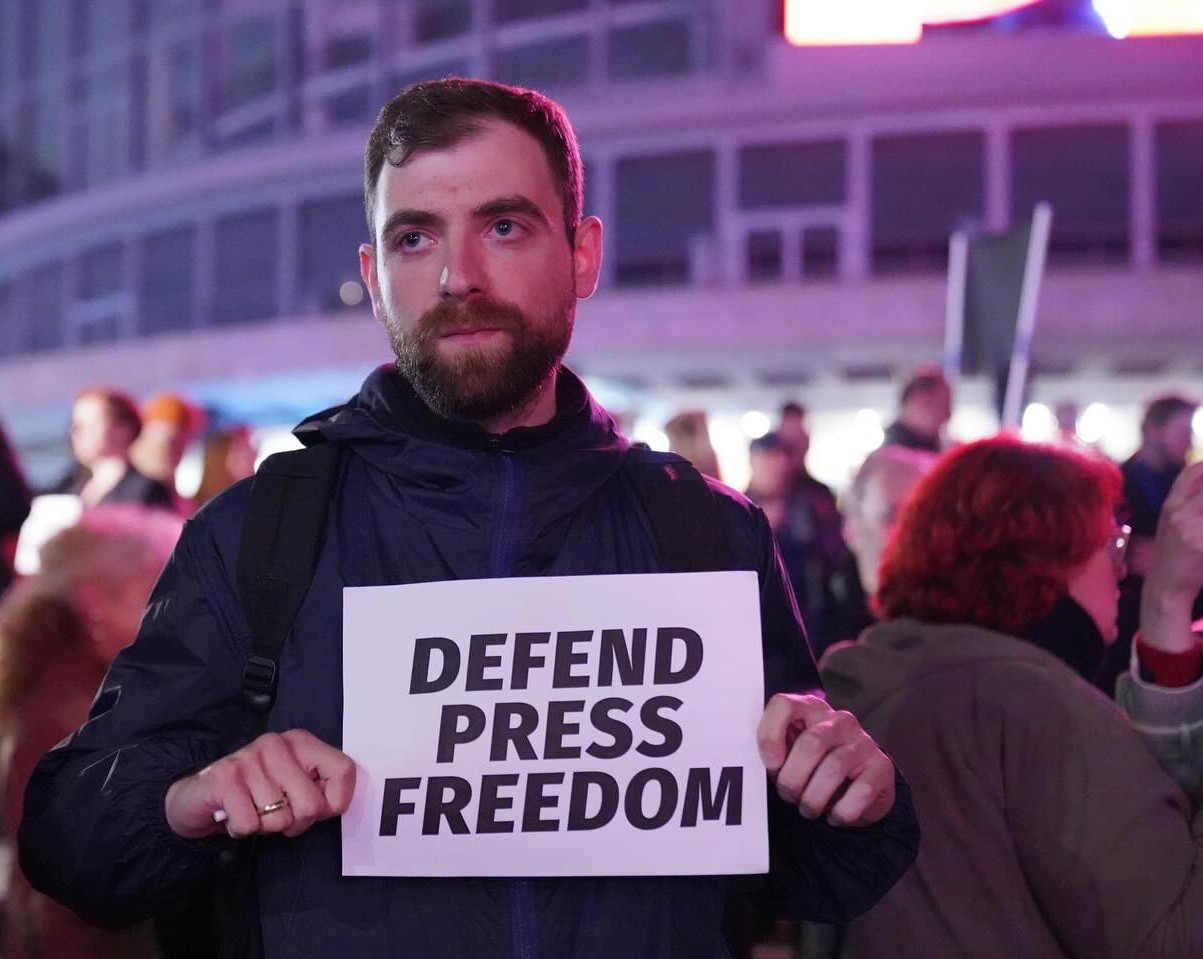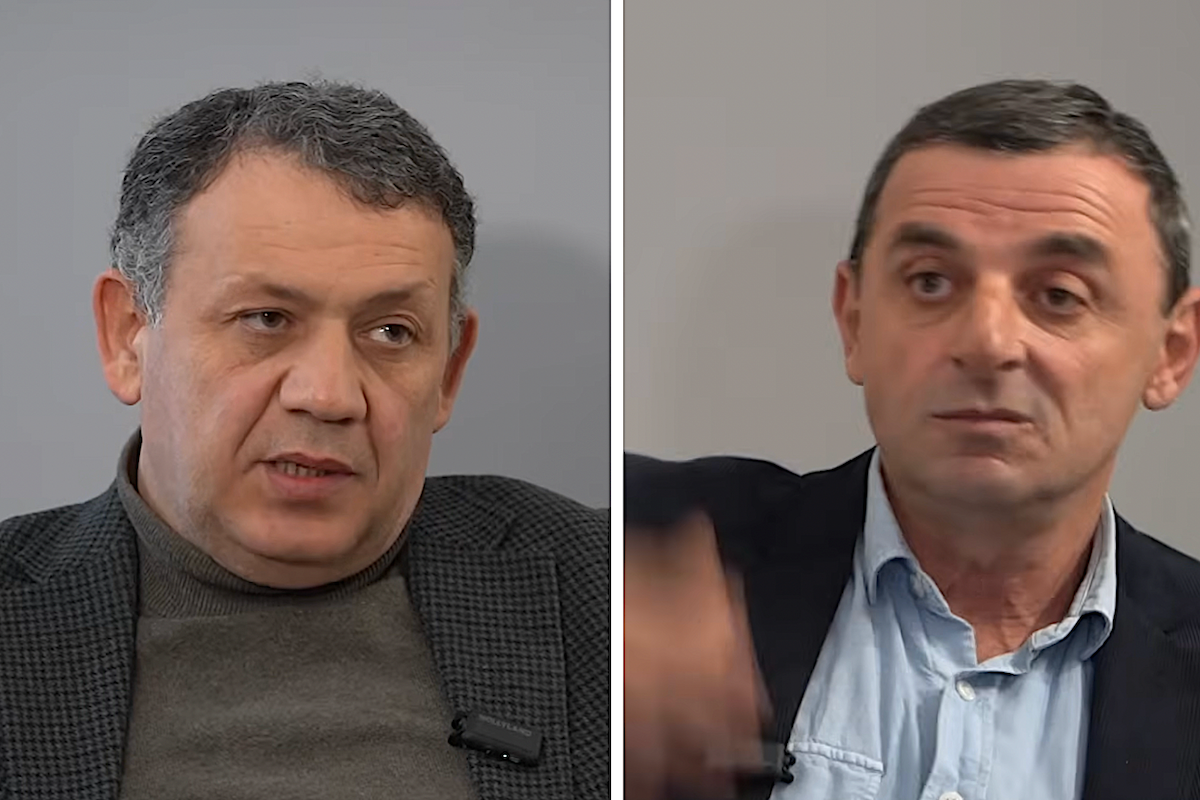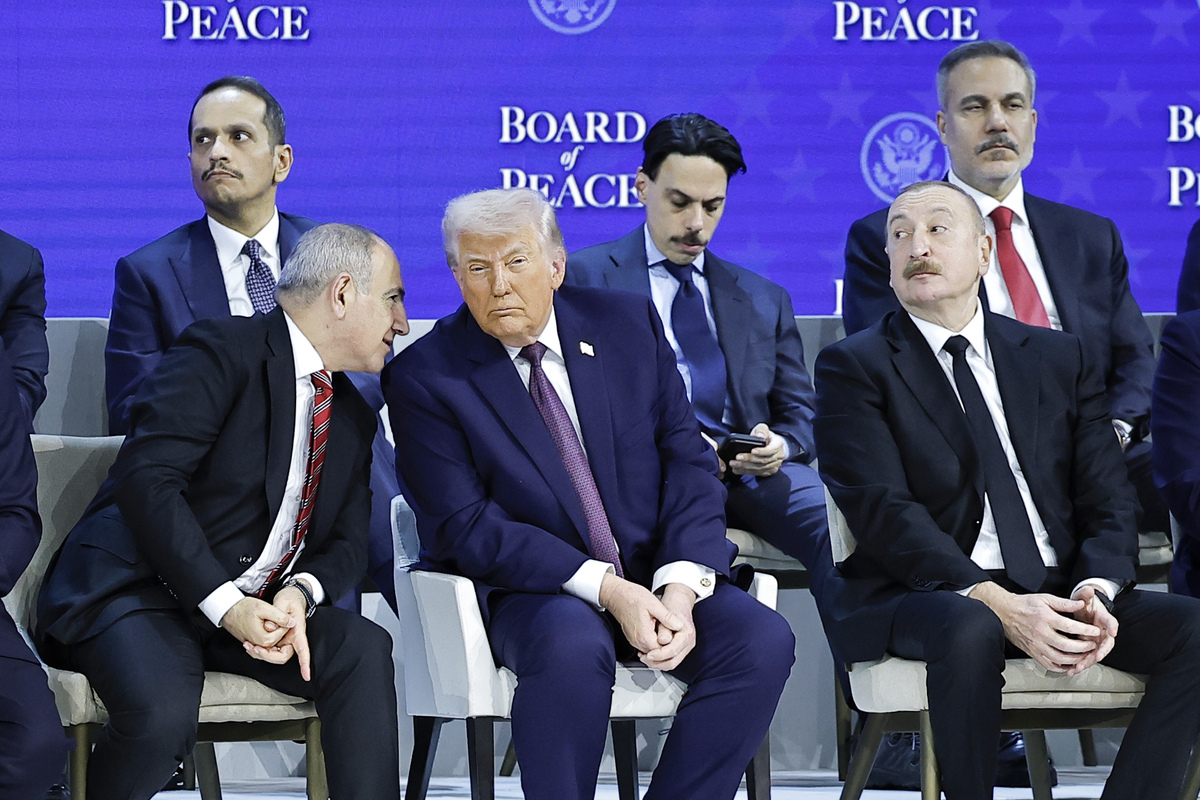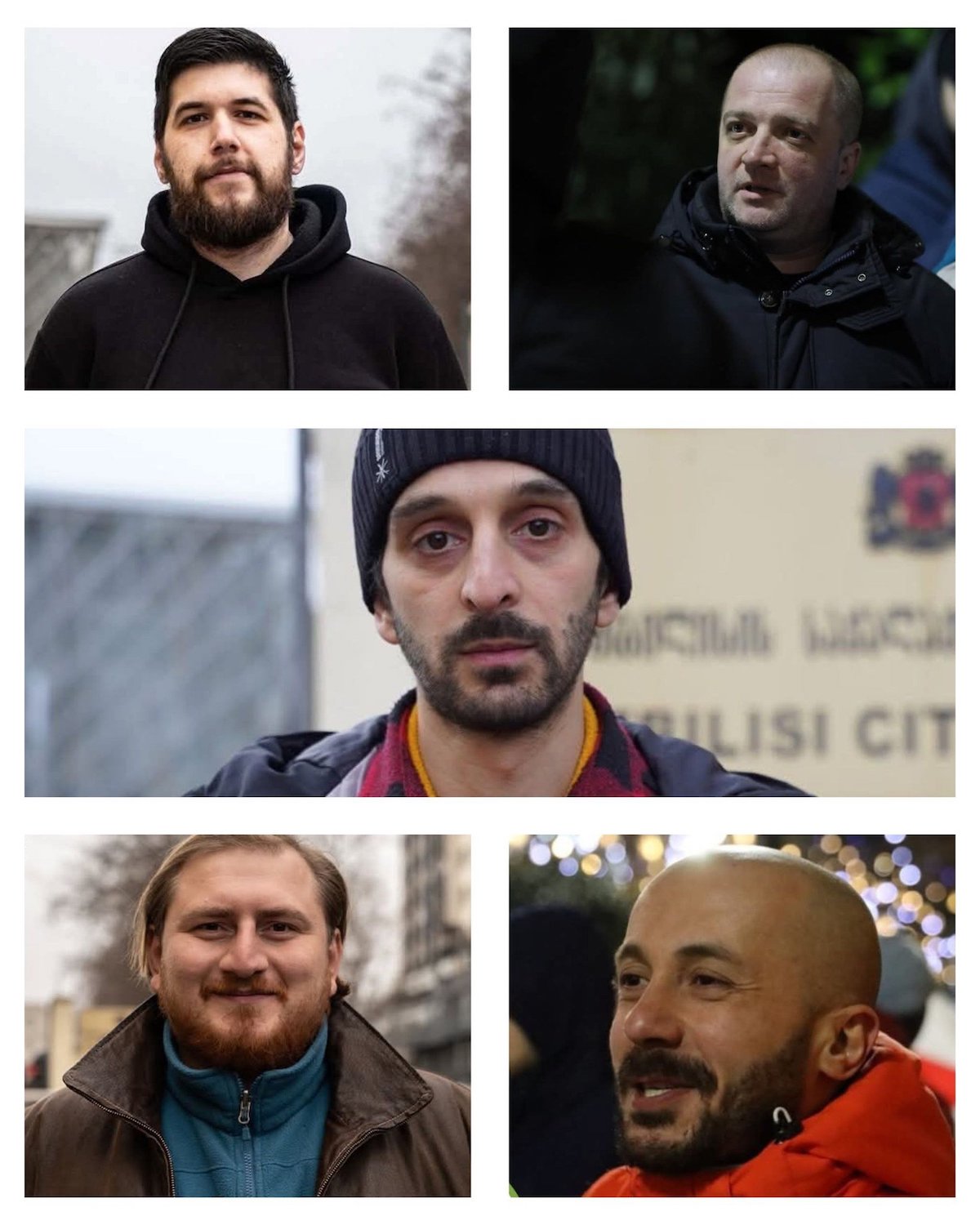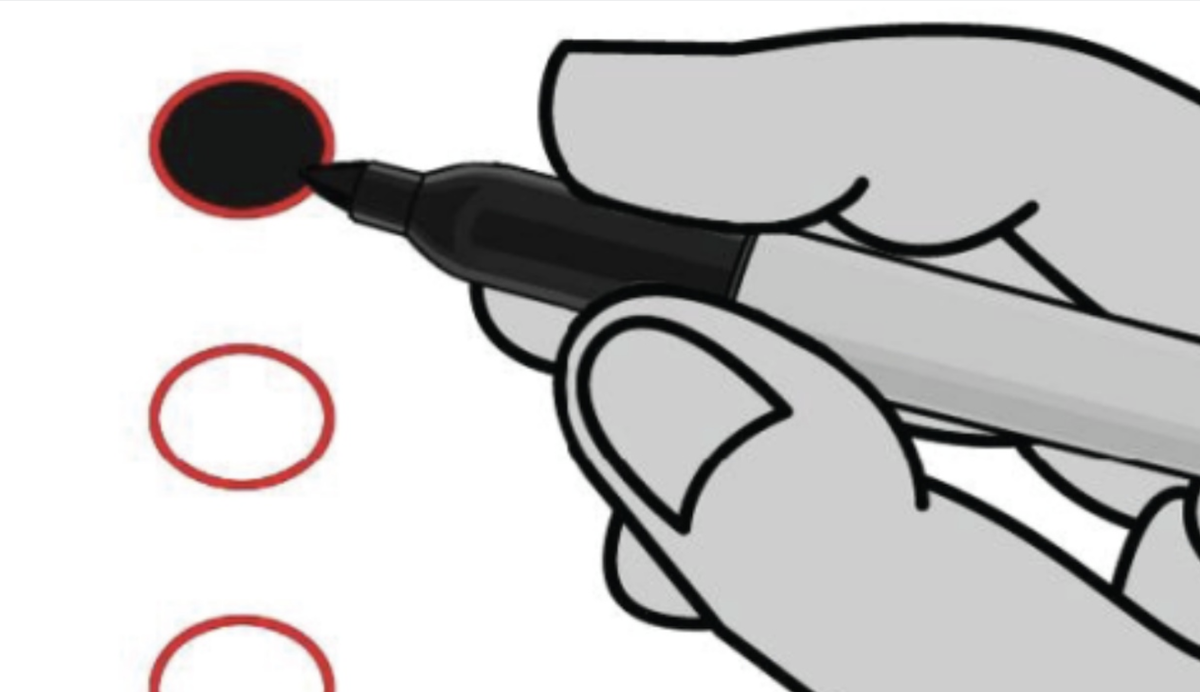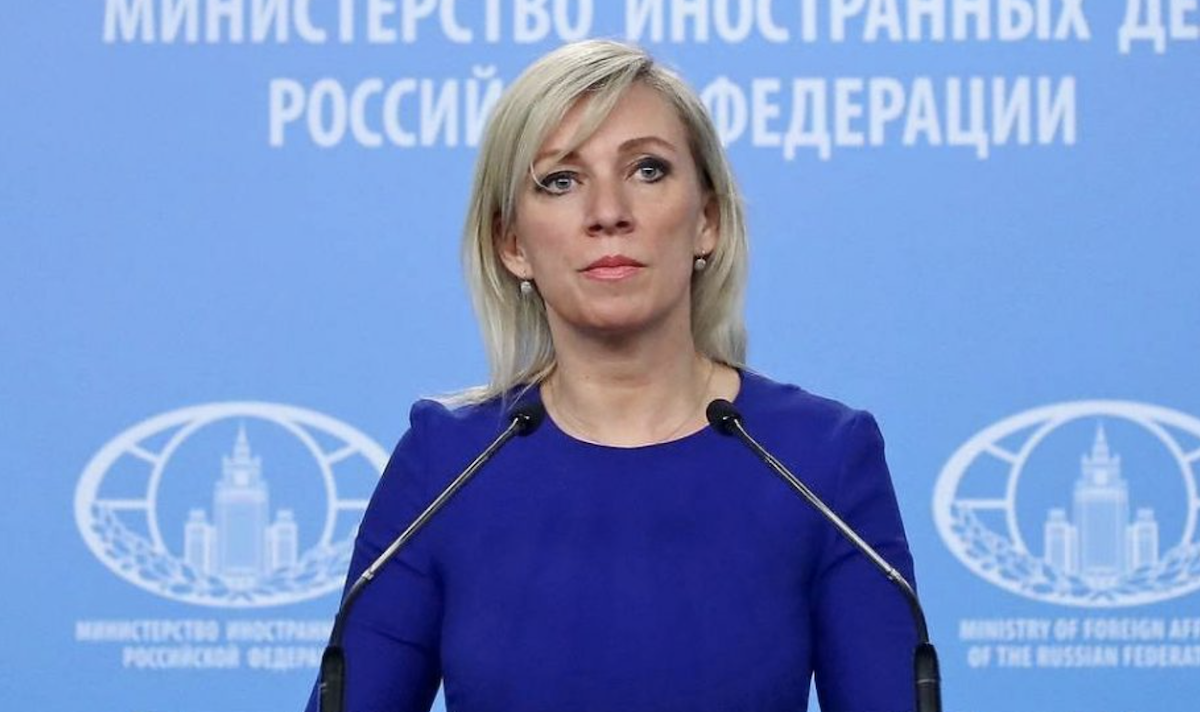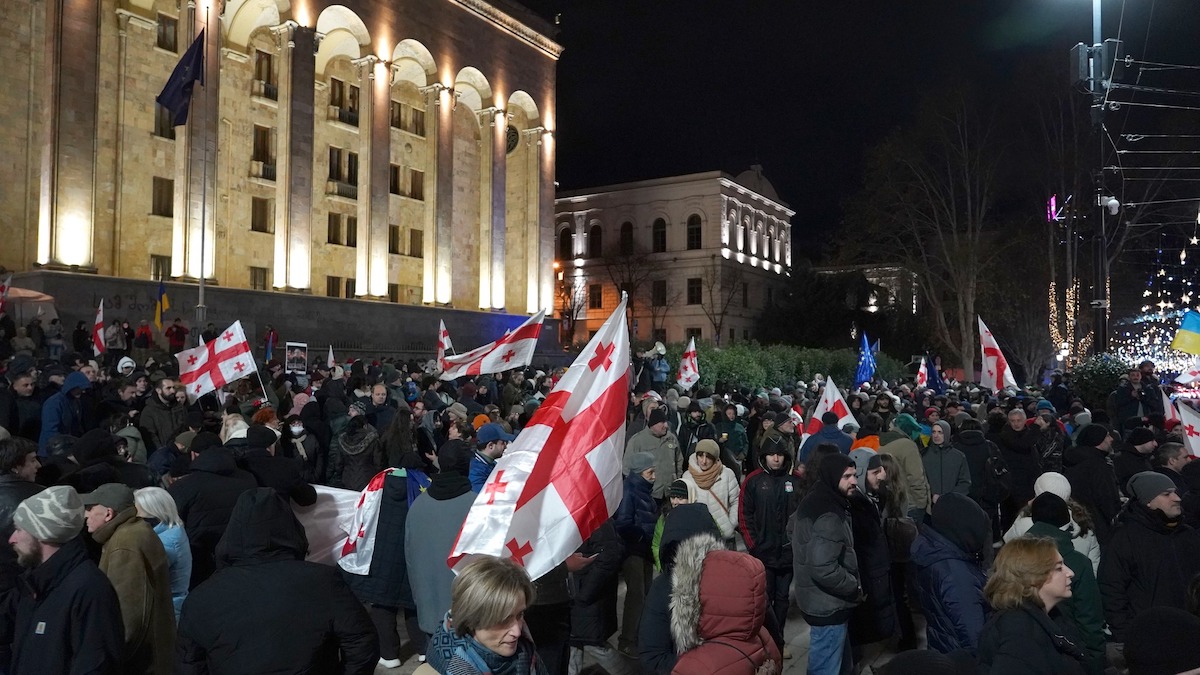600 attacks on media in Georgia in a year, Reporters Without Borders says
Report on pressure against media in Georgia
Reporters Without Borders (RSF) says the Georgian government has launched unprecedented repression against independent media.
In a report published with the Georgian Centre for Media, Information and Social Studies (CMIS), RSF condemns intimidation, legal pressure and harassment targeting independent journalists. The organisation urges the government to halt what it describes as a rapid retreat from democratic standards.
- OSCE: ‘Laws restricting freedom of expression in Georgia must be repealed’
- Reporters Without Borders puts Bidzina Ivanishvili on Press Freedom Predators list
RSF updated the data collected by CMIS over the past year. The report outlines the main violations and acts of repression targeting independent journalism in Georgia.
According to the document, press freedom in Georgia deteriorated sharply after 28 November 2024, when pro-European protests began. From October 2024 to October 2025 — a period that saw Georgian Dream claim a disputed parliamentary victory amid electoral irregularities — 600 attacks on the media were recorded. These included physical assaults, unlawful fines, detentions, threats, suspended accreditations and other forms of pressure.
“The rise in violations shows an unprecedented escalation and rapid tightening of political control, confirming the government’s shift away from European democratic standards,” the report says.
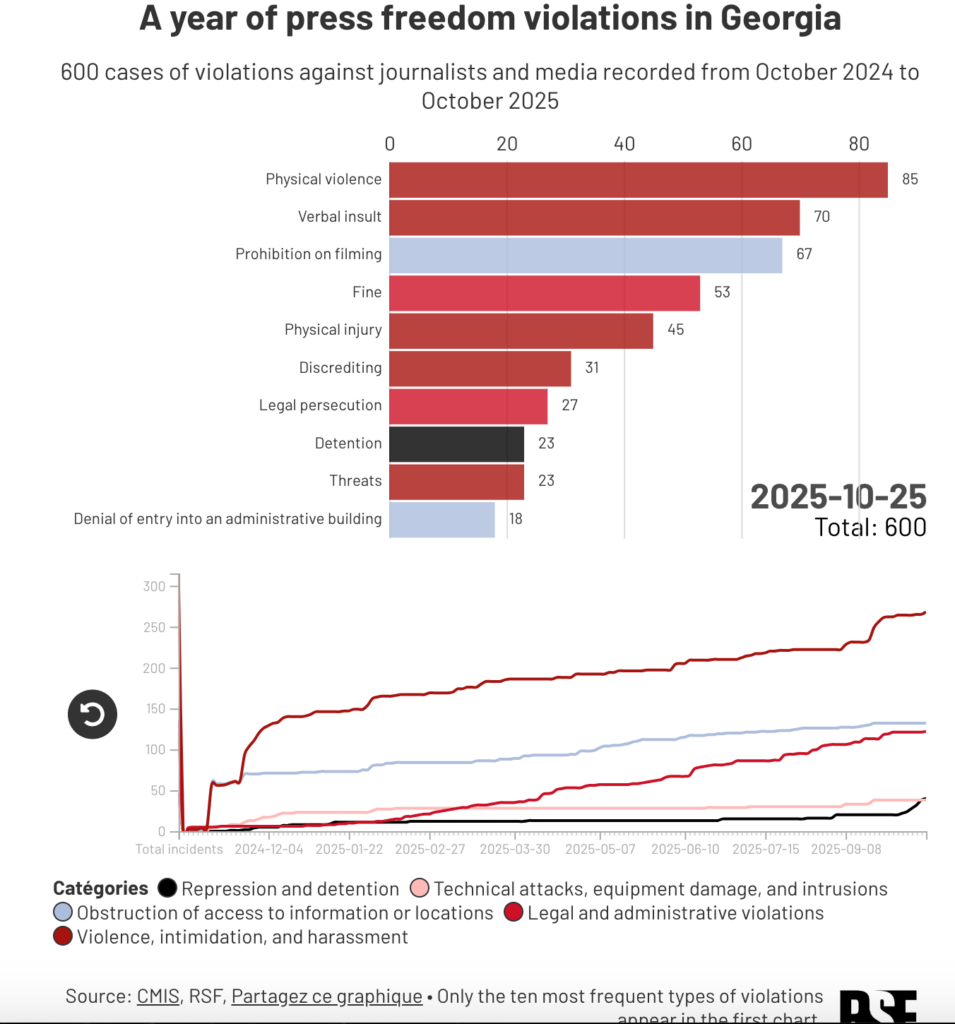
RSF says the violations occur across the country, although more than two-thirds of all cases take place in Georgia’s capital, Tbilisi. The report links this to the concentration of institutions and newsrooms in the city. It also notes that Tbilisi has become the centre of the protests.
According to the report, dozens of journalists suffered physical violence in the weeks following the start of the protests on 28 November 2024. Some of them faced particularly harsh treatment. No one responsible has been held to account.
“The authorities increasingly treat journalists as protesters and use existing public-order laws to restrict their work and obstruct coverage of the demonstrations,” the document says.
TV channels face physical attacks, media organisations come under pressure, and journalists face legal harassment.
The report says cases of physical violence against TV crews are especially frequent.
“The incidents involving the TV channel Pirveli are striking. Its crews were attacked more than 80 times over the past year,” the report states.
Among online outlets, Publica — along with Batumelebi and Netgazeti, both founded by imprisoned journalist Mzia Amaghlobeli — are most often targeted by the authorities.
The report also comments on the repressive legislation adopted by the ruling Georgian Dream party to restrict the work of independent media:
“Over the past year, the ruling Georgian Dream party has pushed through laws that curb press freedom at an accelerated pace, drawing heavily on Russian practice. Since spring 2025, the new version of the ‘foreign agents’ law — together with amendments to the laws on grants and broadcasting — has posed a direct threat to media outlets and NGOs funded by international donors. This further increases the risk of legal action against them.”
The document adds that the Anti-Corruption Bureau has already launched investigations into at least six independent media outlets to enforce this legislation. Private companies are avoiding cooperation with independent media and refusing to buy advertising from them because they fear possible pressure from the authorities.
The report says the centre of the government’s repressive strategy is oligarch Bidzina Ivanishvili, whom Reporters Without Borders recently listed among the world’s press freedom predators for 2025.
“Ivanishvili plays a decisive role in shaping political and economic pressure in the country and in maintaining a climate of impunity. Parliamentary Speaker Shalva Papuashvili is trying to downplay the scale of the problem by discrediting Reporters Without Borders and portraying the organisation as a puppet of the so-called ‘deep state’.
In reality, the attacks on independent journalists are part of a broader policy of repression,” the report notes.
Over the past two years, Georgia has dropped 36 places in the RSF World Press Freedom Index, ranking 114th out of 180 countries.
Report on pressure against media in Georgia










